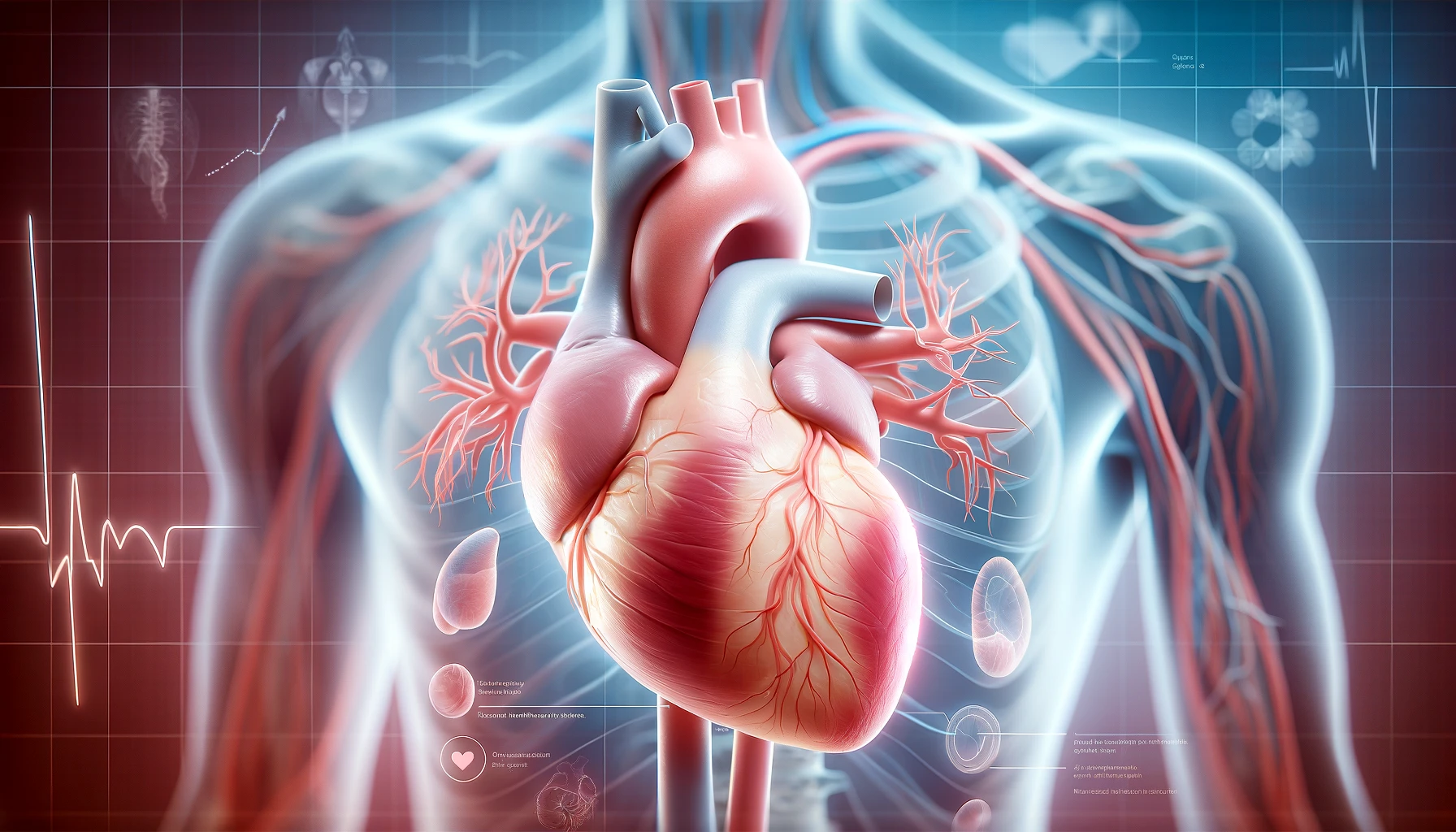The American Heart Association estimates that every 40 seconds there is a heart attack in the US. With this concerning number, it’s understandable that heart attack prevention has become an extremely important issue in the medical community. If you have risk factors for a heart attack, including heart disease, we’re here to assist.
Our caring professionals at Prime Heart and Vascular in Allen, Frisco, and Plano, Texas are led by Rishin Shah, MD, a board-certified interventional cardiologist and a vascular specialist. Dr. Shah understands how the prevalence of heart attacks is related to a person’s health history, but also to lifestyle, and other environmental factors.
What happens during a heart attack?
A heart attack happens when the flow of blood to the heart is blocked. Symptoms of a heart attack include shortness of breath, discomfort in the left side of the chest, and pain in your upper extremities. Heart attack symptoms can differ between men and women; for example, women are more likely to experience unexplained fatigue or nausea during heart attacks.
Heart attacks are generally caused by CAD, or coronary artery disease. After a lifetime of cholesterol buildup in your arteries, your arteries harden and can be damaged. Heart attacks damage your heart, too, particularly if you wait for treatment. Waiting to address heart attack symptoms can be fatal, so it’s important to pay attention to your body if you’re at risk of a heart attack.
How can I prevent a heart attack?
Heart attack prevention is easier than you think. Although Dr. Shah can prescribe medication for you to prevent heart attacks, your best bet is taking care of your heart and the rest of your body, too.
Manage stress
If you’ve ever wondered, stress affects every organ in your body, including your heart. Stress can also contribute to high blood pressure, which raises your risk of having a heart attack or developing other chronic conditions. If you’re unable to manage your stress or have been feeling sad, stressed, or helpless, talk to your doctor. Part of managing stress is caring for your mental health.
Balance diet and exercise
A healthy diet and regular exercise are important to the health of everyone in the world, but are particularly important to a person whose heart is vulnerable to a heart attack. Importantly, choose lean proteins, plenty of fresh fruits and vegetables, and supplement your diet with whole grains.
Anyone who is physically able should exercise regularly. You can consult Dr. Shah about the types of exercise that are appropriate for you based on your level of physical ability. Regular exercise keeps your heart strong and strengthens your immune system.
Closely manage chronic conditions
Heart attacks rarely occur randomly; they are far more likely to be the end result of a poorly managed diet, along with the presence of other conditions. Roughly 65% of people living with diabetes are affected by heart disease, causing the likelihood of a heart attack to skyrocket. High blood pressure and high blood sugar are a recipe for long-term health issues.
Quit Smoking
Smoking is linked to nearly every commonly known chronic condition. Not only does smoking affect your appearance and oral health, it exacerbates nearly every condition that a person can have and can create entirely new sicknesses. Quitting smoking usually results in an improved sense of taste and smell, as well as more energy and endurance.
Rethink your alcohol assumption
Drinking alcohol can raise your risk of having a heart attack because over time, it contributes to high blood pressure. However, occasional, small amounts of certain alcoholic beverages can actually help to protect your heart. If you do drink occasionally, be sure to drink plenty of water, and continue to be mindful of your diet.
I’m worried about my risk for heart attack.
We understand how heart attacks can be concerning. We can sit with you, review your risk factors, and help guide you to a healthier future. Please reach out to us at 972-295-7017, or book an appointment with us online.





